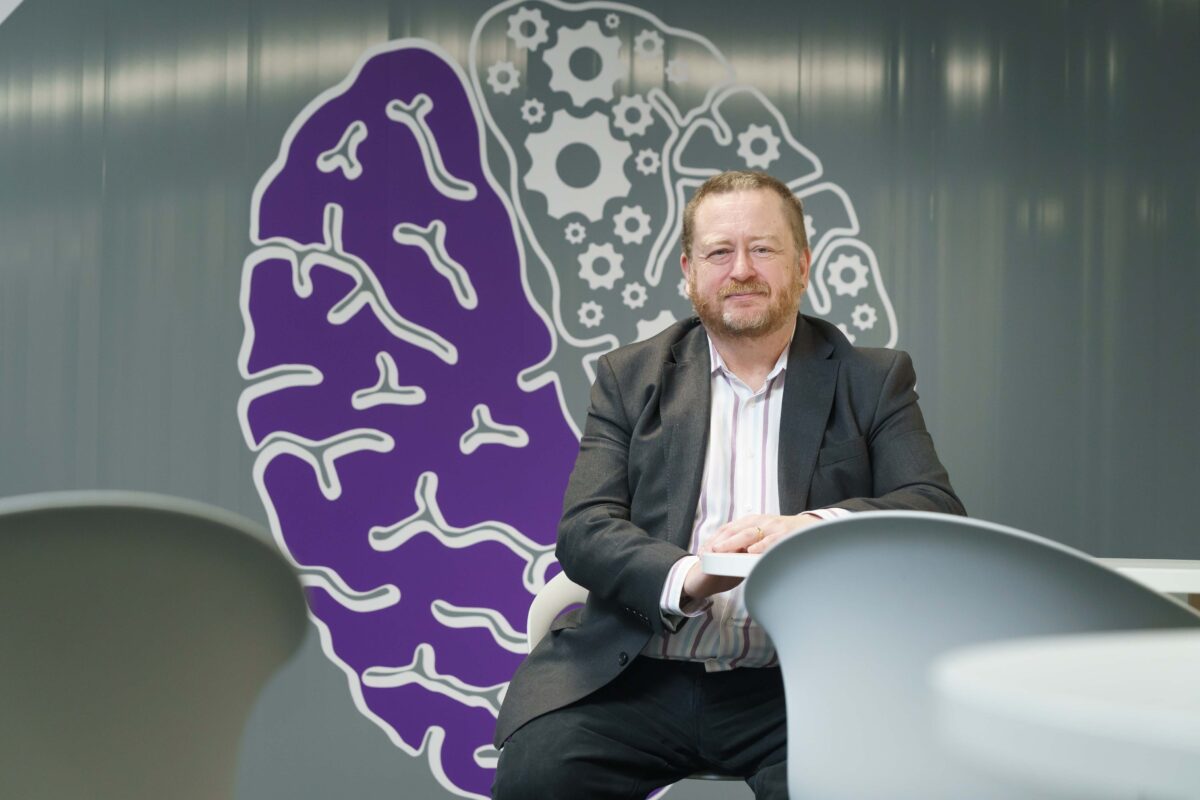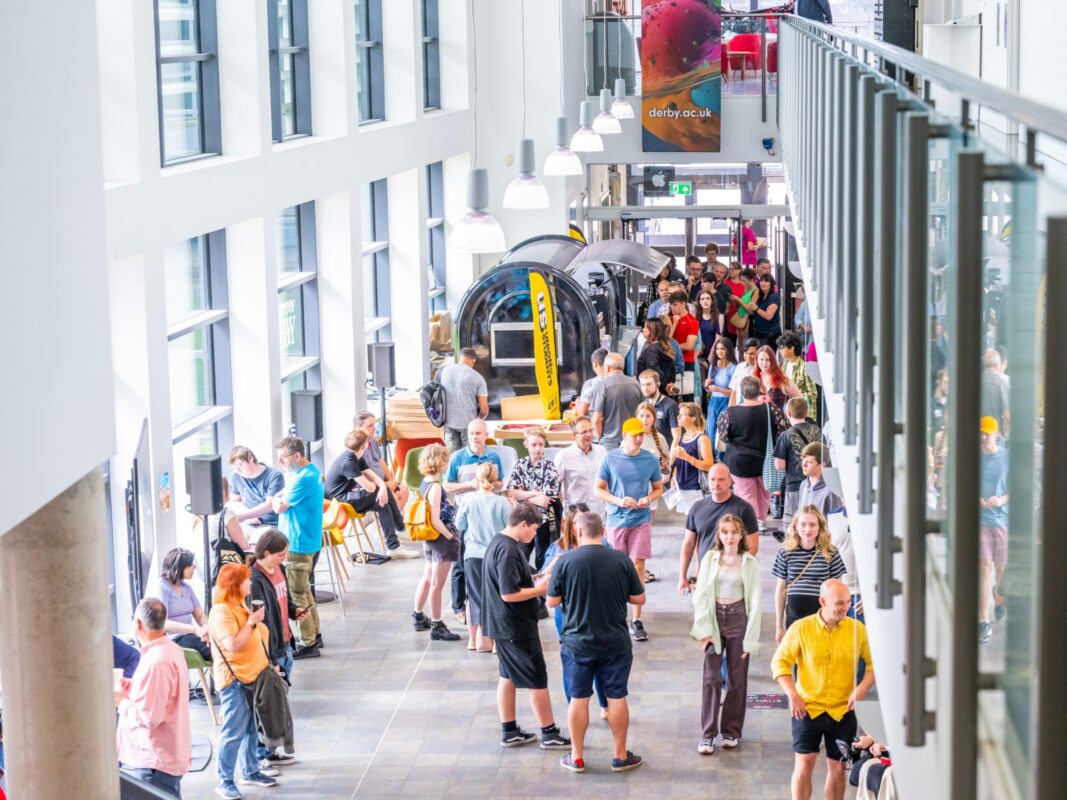“The Time has Come to Give Something Back to the City Which has Given me so Much”

This International Men’s Day (Tuesday 19 November) Dr Jon Rees, Associate Professor of Applied Research Methodology at the University of Sunderland, discusses his own mental health journey and the launch of a new project which explores how services are supporting men’s mental health in Sunderland.
I came to the University of Sunderland in 2001 to undertake an evening class in Psychology. I was a full-time dad to my baby daughter while my wife worked as a doctor. I had just given up my own medical career after a number of episodes of very severe depression and alcoholism. Although I was by then four years sober, I was very much feeling washed up, burned out and at the end of the road. I’ve been at the University ever since and that journey to Sunderland was very much the turning point for me.
However, we know it is not like this for all men. Men in the north-east have a high risk of dying by suicide and are less likely to seek help for both mental and physical illnesses. They die before their time, an effect worsened by poverty and are likely to spend more of the later stages of their life in poor health. Men also suffer the effects of drug and alcohol addiction and homelessness, some young men do poorly at school, and we hear stories of involvement in crime and domestic violence.
For these reasons the University’s School of Psychology have set up the Male Psychology collaborative laboratory (“colab”) to bring researchers together to understand some of the reasons for these findings and to see if we can do something to change these outcomes. We already have a specialism in Male Psychology (with the world’s first module on the subject, supported by the British Psychological Society) and were previously featured in Danny Dyer’s Channel 4 documentary ‘How To Be A Man’.
Our approach is informed by expertise from areas such as biological and evolutionary psychology, behaviour change, and I personally work as a researcher with Sunderland City Council and have also supported the research work of South Tyneside and Sunderland NHS Foundation Trust to design and evaluate health improvement projects. However, we wanted to encourage further collaboration within the University’s School of Psychology, involve our talented students in research and work with other parts of the University such as the Helen McArdle Nursing and Care Research Institute and wider community partners.
We are starting with two exciting projects. We aim to re-examine the concept of “masculinity” in 21st century Britain – what does it mean to be a man today? We will investigate this in a series of interviews and focus groups and take the first steps toward developing a new questionnaire-based masculinity scale which will better reflect modern society. We are also launching an ambitious year-long project to map services which support men’s mental health in Sunderland, engage with these services to find out what they do. I am very excited to be leading this project and feel the time has come for me to give something back to the city which has given me so much.
This should just be the start of a new and flourishing research journey by the University’s School of Psychology. Other colabs recently established include those investigating diversity, inclusivity and intersections and another focussing on public health and wellbeing. The University has “life changing” as its motto – it certainly has been for me, and we hope that with our research we can be for the city and the wider region too.











Responses